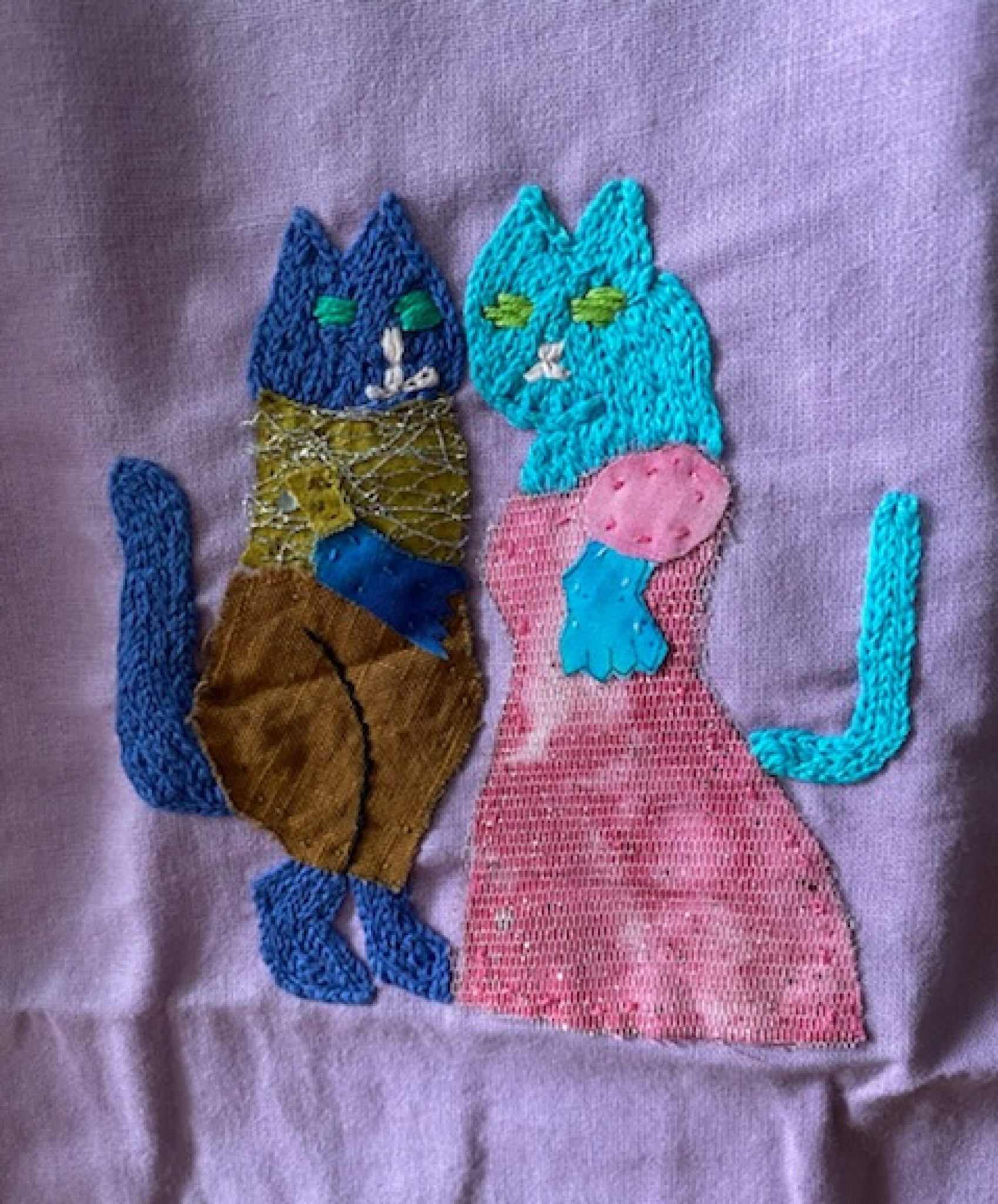
Are you glued on social media? Do you know someone who is online every waking minute of their time? How much sharing is over-sharing? Human beings are social animals, crave attention and social interaction. The channel from which they seek to satisfy their cravings, draws them into their addiction.
Mental addiction is an obsessive compulsive disorder. Counseling is insufficient to pull away from mental addiction. Active actions like a change of life style and development of new, healthy habits, are necessary.
In the first place, why do people resort to using social media? Don’t they have siblings, cousins, and friends to talk to? The world has changed. Inflation has escalated the rise of the cost of living. People raise smaller family units as they can’t afford to bear more children. Children who are the sole child, and kids who have only one sibling, may not have access to a companion to talk to and share. Young people who seek company turn to the internet and its social media, to find interactive communication.
Many countries show population increase. Some countries show a decline as there is imbalance in births and deaths, and the present population age. There are fewer and fewer eligible old adults to talk to and share experiences. Land is expensive and there is less allocated to free, public use. People search for recreational spaces to walk, fly kites, play football or soccer, or other sports. When we go for a walk for nature therapy, we are often not permitted to pick up fallen flowers and leaves. Some countries have implemented laws against stealing flora and fauna on state land. We live in concrete cities with almost no access to nature. Many people turn to technology to fill the lack of human interaction.
In this rat race of life, we prioritise career over social bonding. We are willing to work overtime for the sake of personal development but not for social cohesiveness with our current social circles. We hold on in vain, to idealised expectations of finding good people who are altruistic and willing to befriend us, just because we are sincere to befriend others.
Some users in social media are sycophants who pretend to share empathy with you, to make friends with you, and later maybe curry favor. This type of user is an echo and because they support your opinion, they reinforce your opinionated, and maybe biased view. You become more prejudiced. Why do people echo your view? As the proverb says, birds of a feather, stick together. They hope to belong to your friend group immediately.
What can happen when a person spends a few hours on social media?
They read about other people who have done amazing things and they question themselves why they did not do such wonderful things too? They may feel inferior in comparison to other super beings. They may begin to think, “Am I good enough?” This may develop to anxiety and stress as they feel pressure to prove themselves and be on equal footing with others they have seen on social media. As their anxiety and stress gnaws, these people may feel sad. If they don’t break out of this sad mood for more than a fortnight, the sadness becomes depression. Which is a clinical state which usually requires professional treatment.
Young people lack skills, knowledge, experience and support to self-regulate to change to emerge from a negative state. They are vulnerable to mental health concerns.
Being a beautiful and successful person does not mean one needs to have the perfect body shape or high earning power. Social media is full of stereotypes who advocate certain types as being acceptable in society.
Bullying online and in real life can also bring mental health problems. We are all different and there is no rule to say we need to conform to a certain body shape, skin color, religion or economic class.
Factors contributing to increasing use of social media.
- Smaller family units.
- Parents and other family members are too busy to spend time with one another.
- Individuals spend more time alone.
- The cost of living increases.
- Public spaces for recreation decrease in numbers and size.
- Technology gives the false sense of bringing people closer together but isolates people as they spend time alone online.
- The modern post-industrial world encourages independence and individualism, as encouraged by social media.
- Periodical epidemics and pandemics enforce social isolation, which then becomes a habit. For example, the Catholic church Mass attendance decreased by around 50% during the pandemic and the parishioners stayed away even after the pandemic. Humans are creatures of habit and they stuck to their new habit of not attending church.
- Workers and students got used to remote work and class attendance so they preferred this habit being alone and independent. When they feel lonely, they login to their social media to see what others are doing.
- People mistake social media for social bonding. They seem to think social media can come together to help them with comments, and feedback. Long distance relationships can’t come to assist you in practical issues.
Coming soon.
